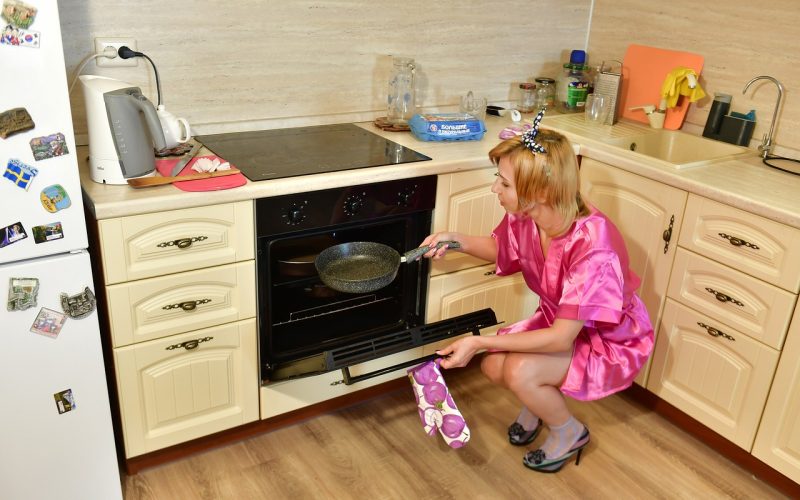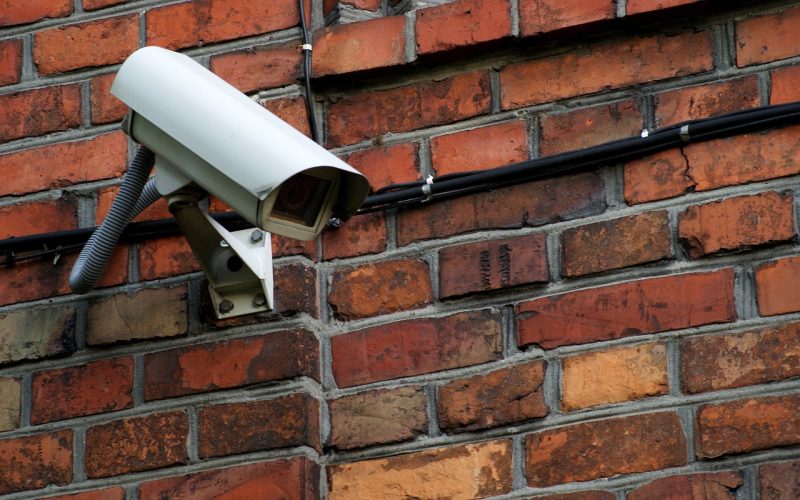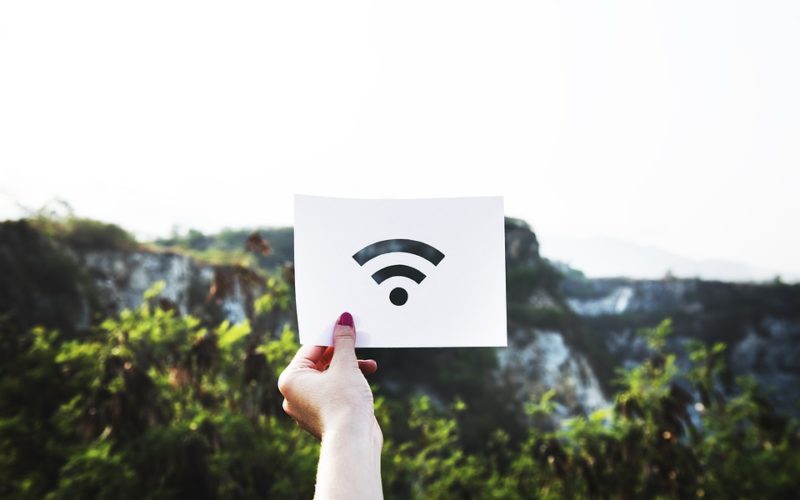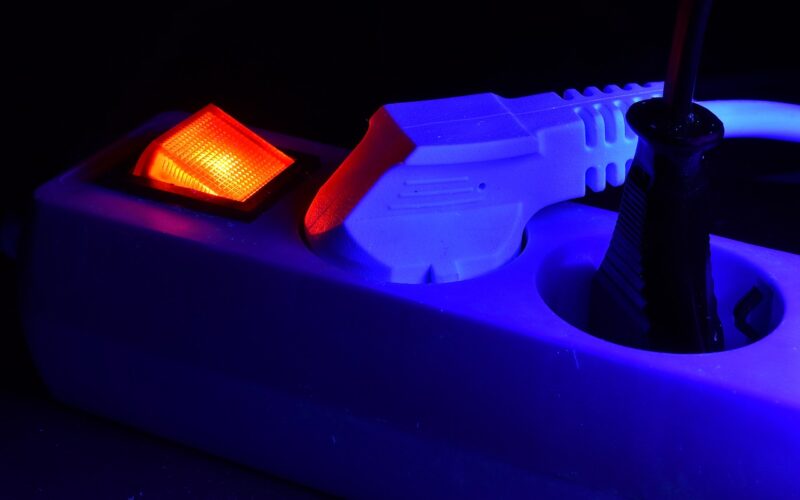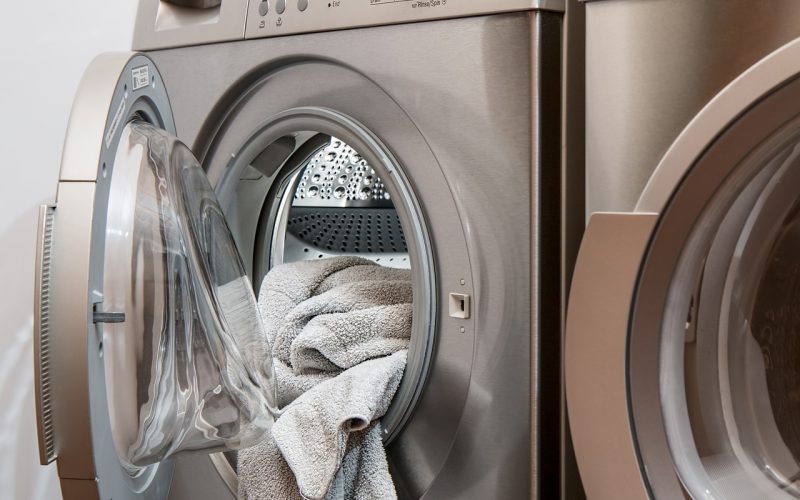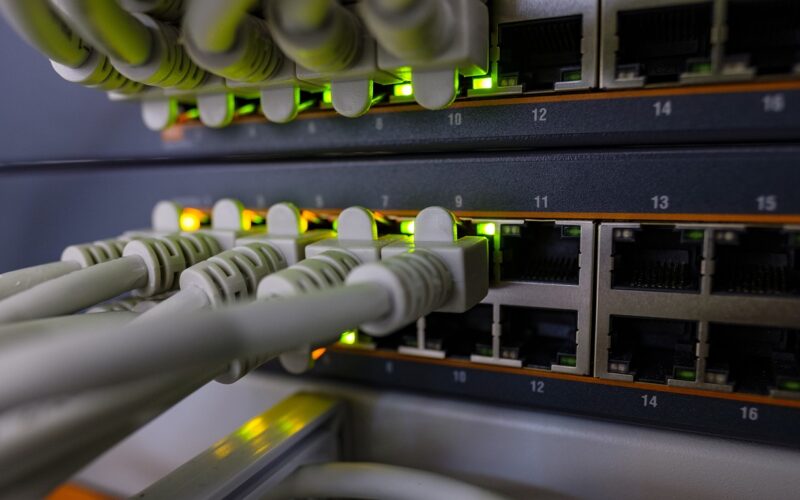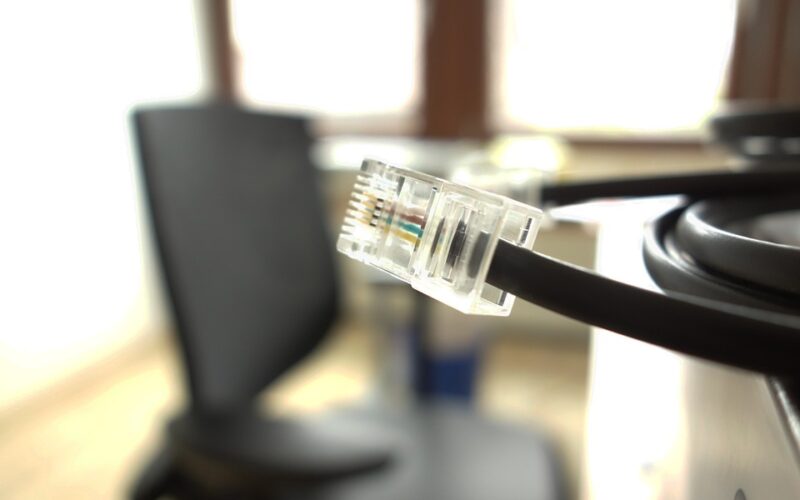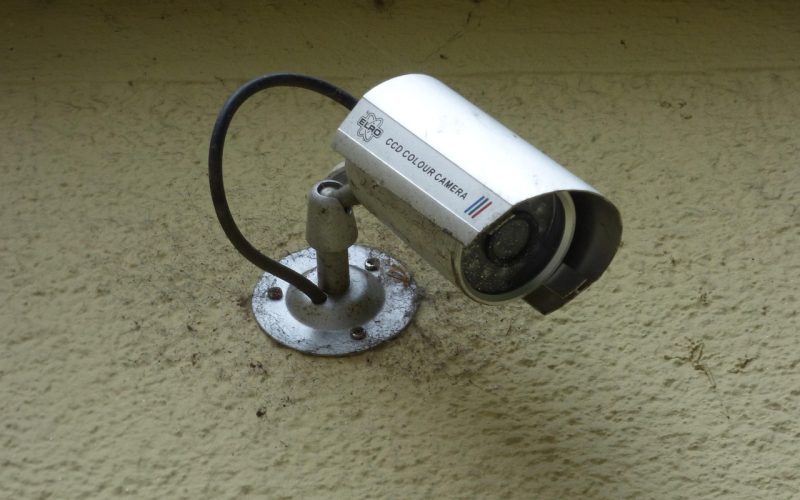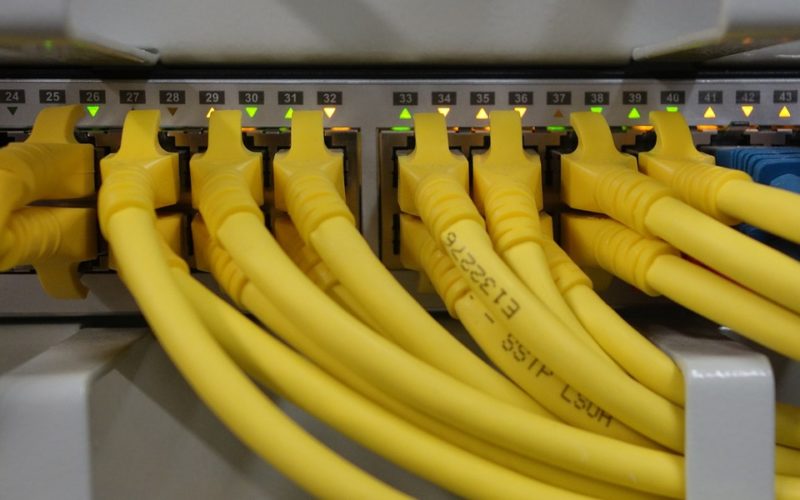Dangers Of Smart Appliances
In the digital age, our homes have become smarter and more interconnected than ever before. From refrigerators that can create grocery lists to thermostats that adjust the temperature based on your preferences, smart appliances promise a new level of convenience. However, beneath this layer of comfort lies a series of potential threats that many homeowners might not be aware of.
Security risks and data privacy issues
One of the primary concerns with smart appliances is the vulnerability they introduce to our personal data. These devices often collect and store a vast amount of information about our habits and routines. Unfortunately, this data can be a goldmine for cybercriminals. Many smart appliances lack robust security measures, making them easy targets for hackers looking to gain access to sensitive information. Once compromised, these devices can serve as entry points into your home network, exposing your entire digital ecosystem to potential breaches.
Reliability and dependency concerns
Another danger associated with smart appliances is their dependency on reliable internet connections. While a smart oven that can be controlled via an app sounds appealing, it becomes less so when a server outage or connectivity issue leaves you unable to cook dinner. This reliance on constant connectivity raises concerns about the reliability of smart appliances in emergencies or when technical glitches occur. Imagine being locked out of your own home because your smart lock system has malfunctioned—an inconvenience at best and a safety hazard at worst.
Privacy invasion and the surveillance culture
The rise of the Internet of Everything (IoE) has also blurred the lines between convenience and surveillance. Smart appliances often come equipped with microphones and cameras, ostensibly for user convenience or security purposes. However, these features can inadvertently turn our homes into surveillance hubs. Manufacturers and third-party companies may have access to audio and video feeds, raising concerns about who is monitoring our private lives. This invasion of privacy can lead to a sense of discomfort and unease in one's own home.
Environmental impact and energy consumption
While smart appliances are often marketed as energy-efficient solutions, their environmental impact is not always positive. The production and disposal of these devices contribute to electronic waste, which poses significant ecological challenges. Additionally, the increased energy consumption required to keep these devices running 24/7 can offset any potential energy savings they offer. It is essential to consider the long-term environmental implications of integrating smart appliances into our homes.
Loss of manual skills and over-reliance on technology
Smart appliances are designed to make life easier, but they also risk making us overly reliant on technology. The convenience of automated systems can lead to a gradual erosion of basic skills. For instance, relying solely on a smart oven to cook meals may diminish one's culinary skills over time. This over-reliance can have broader implications for human capability and self-sufficiency, particularly in situations where technology fails, and manual intervention becomes necessary.
Taking proactive measures for safe usage
Despite the risks, smart appliances can still play a valuable role in modern households, provided that users take proactive measures to mitigate potential dangers. Adopting strong password practices, regularly updating device firmware, and using secure networks can significantly reduce the risk of cyberattacks. Furthermore, consumers should research products thoroughly before purchase, opting for those with robust security features and transparent privacy policies.
While smart appliances offer unparalleled convenience, they also introduce a range of potential dangers that should not be overlooked. By understanding these risks and taking steps to mitigate them, homeowners can enjoy the benefits of smart technology without compromising their security, privacy, or environmental responsibility.
